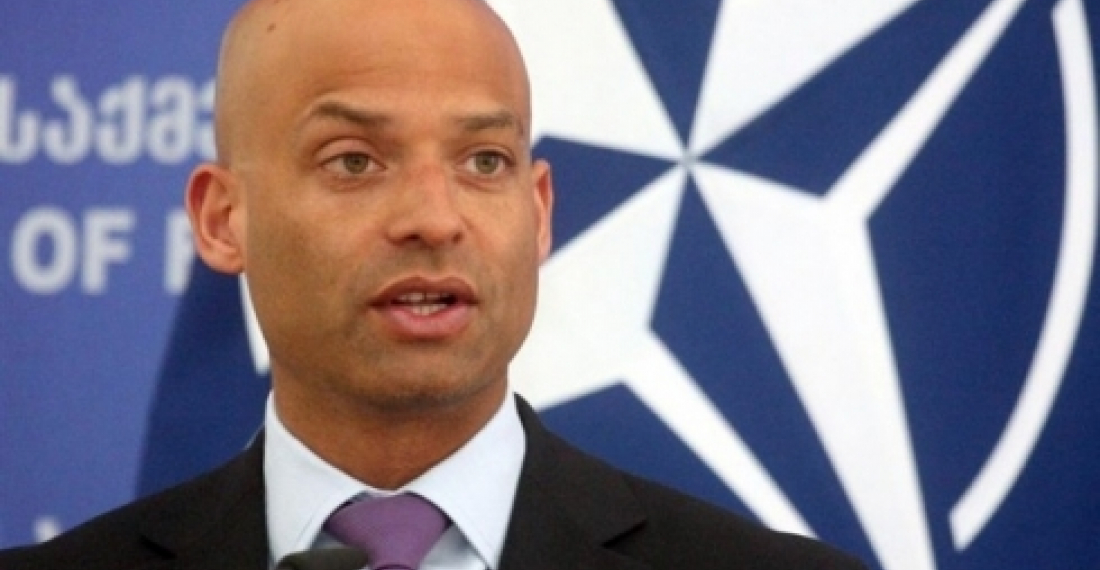NATO Secretary General's Special Representative for the Caucasus and Central Asia, James Appathurai, told Arminfo correspondent that he is going to visit Yerevan and Baku.
"I will be in Baku on Friday (10 February) and Yerevan on Monday (13 February) with a flight home in the middle. I hope to meet the top leadership in both countries, in particular to seek their views on cooperation with NATO, with an eye to the Chicago Summit which will take place in mid-May. Both countries are important partners for the Alliance, and their views are important to us", - Mr Appathurai said.
NATO secretary general's special representative for the Caucasus and Central Asia to visit Yerevan and Baku
NATO secretary general's special representative for the Caucasus and Central Asia to visit Yerevan and Baku







